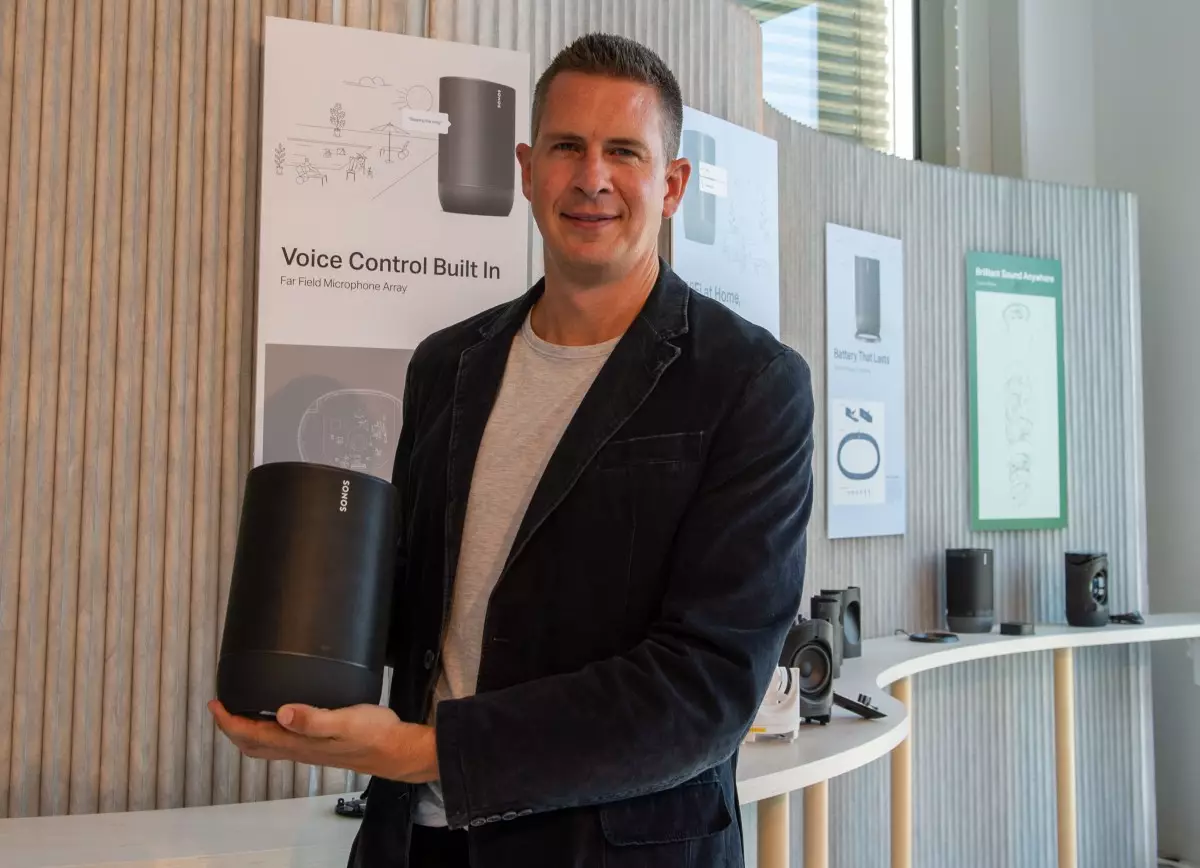Sonos, a prominent player in the speaker manufacturing space, is at a critical juncture as it experiences significant leadership transitions and operational obstacles. After eight years of steering the company, CEO Patrick Spence is stepping down, paving the way for Tom Conrad, a seasoned professional with a rich background in technology, to take the helm as interim CEO. This leadership change comes at a time when the company grapples with a myriad of challenges that have adversely affected its market standing.
In the previous year, Sonos launched a substantial update to its software platform, which unfortunately was riddled with bugs and led to the removal of several long-beloved features. For a brand synonymous with reliability, this turn of events was especially damaging. Sonos had built its reputation on the promise of seamless integration—where multiple devices could work together fluidly across different rooms and music services. The failure to uphold this standard not only frustrated loyal customers but also eroded the trust that had been cultivated over years.
In an effort to mend the situation, Sonos put considerable resources into fixing its software issues, trying to reintroduce features and enhance overall functionality. However, the company found itself in a vicious cycle, where delays in product releases compounded declining sales figures. The anticipated rollout of new products like the Sonos Ace headphones and Arc Ultra soundbar has not brought the expected revival. Initial sales figures for the headphones, in particular, have disappointed analysts and consumers alike.
The financial ramifications of these operational challenges are beginning to emerge. Reports indicate a troubling 16% revenue decline in the fourth quarter of 2024, compared to the same quarter the previous year. This decline is a stark indicator of how organizational hurdles can translate into real-world financial struggles. In light of these pressures, Sonos resorted to downsizing, laying off approximately 100 employees, which constituted around 6% of its workforce. Such decisions point to a desire for organizational efficiency amidst adversity, yet they also raise concerns about the employee morale and the company’s long-term capability to rebound.
Now under Conrad’s interim leadership, there is cautious optimism among stakeholders as he steps in with a profound understanding of the tech industry, having co-founded Pandora and served in key roles at other tech giants. In a message to employees, he acknowledged the company’s shortcomings but emphasized the high potential of new products like the Arc Ultra soundbar and Ace headphones. The challenge now lies in translating this potential into enhanced consumer experiences and revitalized demand.
As Sonos continues its search for a permanent CEO, the stakes are high. The company must not only restore its reputation for reliability but also demonstrate that it can innovate and inspire fidelity among its customer base once again. With shares experiencing a slight uptick in pre-market trading, this moment of transition could be the beginning of a new strategy that may ultimately steer Sonos back onto a path of growth and stability. For now, stakeholders will be watching closely as the next chapter unfolds.

